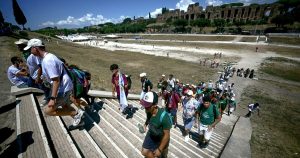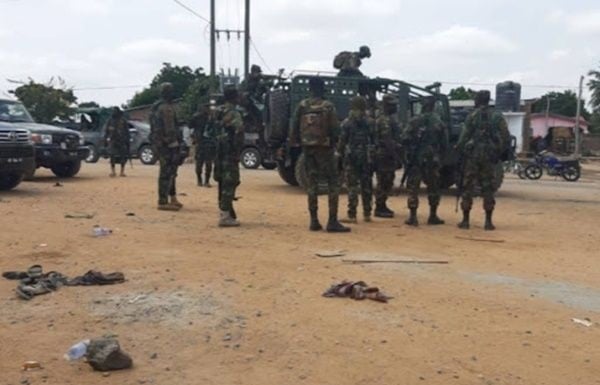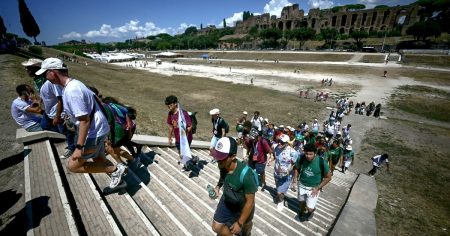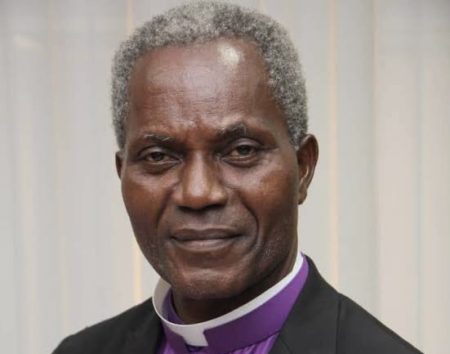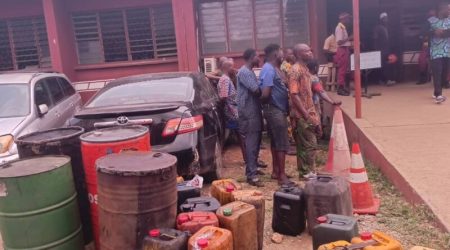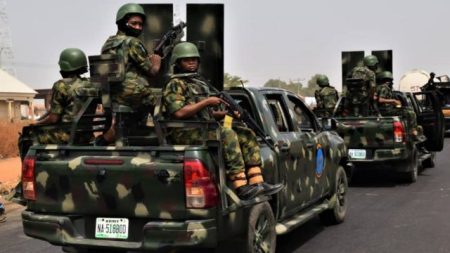The escalating conflict in Bawku, located within Ghana’s Upper East Region, has precipitated a humanitarian crisis, prompting an urgent appeal from Most Reverend Alfred Agyenta, the Catholic Bishop of the Navrongo-Bolgatanga Diocese. Bishop Agyenta has called for immediate and robust security interventions from the Ghanaian government to quell the violence and ensure the safety of civilians, aid workers, and religious personnel. The conflict, characterized by escalating violence and instability, has severely hampered humanitarian efforts, leaving vulnerable populations increasingly at risk. The Bishop’s plea underscores the gravity of the situation and the desperate need for effective action to restore peace and security in the region.
The persistent insecurity in Bawku has created a climate of fear and uncertainty, making it increasingly difficult for humanitarian organizations to operate effectively. Access to essential services, including education and food distribution, has been severely disrupted. Schools have been forced to close, denying children their right to education, and vital supply routes used to deliver food aid have become too dangerous to navigate. This has left vulnerable populations on both sides of the conflict stranded and without access to critical resources, exacerbating their suffering and heightening the risk of further destabilization. Bishop Agyenta’s call for intervention highlights the dire consequences of the ongoing conflict and the urgent need to address the humanitarian crisis it has engendered.
Despite the escalating risks and challenges, the Catholic Church, under the leadership of Bishop Agyenta, has remained committed to its mission of serving the afflicted communities in the conflict zone. Recognizing the critical need for continued support, the Church has maintained its presence in the affected areas, providing essential services and offering solace to the most vulnerable. This steadfast commitment reflects the Church’s unwavering dedication to its humanitarian principles and its deep concern for the well-being of the people caught in the crossfire. However, the Bishop has also emphasized that the Church’s capacity to operate in this volatile environment is increasingly constrained by the ongoing violence and the lack of adequate security.
Bishop Agyenta has warned that the continued insecurity threatens to undermine even these limited humanitarian efforts. He has stressed that without enhanced security measures and swift intervention from the government, the Church may be forced to withdraw its personnel, leaving the most vulnerable populations without crucial support. This underscores not only the immediate risks faced by aid workers and religious personnel but also the broader implications for the delivery of humanitarian assistance and the prospects for peace and stability in the region. The Bishop’s appeal serves as a stark reminder of the urgent need for decisive action to protect humanitarian actors and ensure the continued delivery of essential services to those in need.
The Bishop’s detailed account of the situation on the ground paints a grim picture of the deteriorating conditions in Bawku. He has described how the ongoing conflict has disrupted critical supply chains, preventing the delivery of vital aid to vulnerable communities. He has also drawn attention to the profound impact of the violence on education, with schools forced to close and children deprived of their right to learning. These accounts underscore the human cost of the conflict and the urgent need for a comprehensive response that addresses both the immediate security concerns and the longer-term needs of the affected populations.
Bishop Agyenta’s urgent appeal for government intervention is both a cry for help and a call to action. It emphasizes the critical role of the government in ensuring the safety and security of its citizens, facilitating humanitarian access, and ultimately working towards a peaceful resolution of the conflict. His plea underscores the growing pressure on national authorities to prioritize peacebuilding and security in Bawku, recognizing the profound humanitarian implications of the ongoing violence. The Bishop’s message serves as a powerful reminder that unless urgent action is taken, the situation in Bawku will continue to deteriorate, further compounding the suffering of its people and threatening the stability of the wider region.


